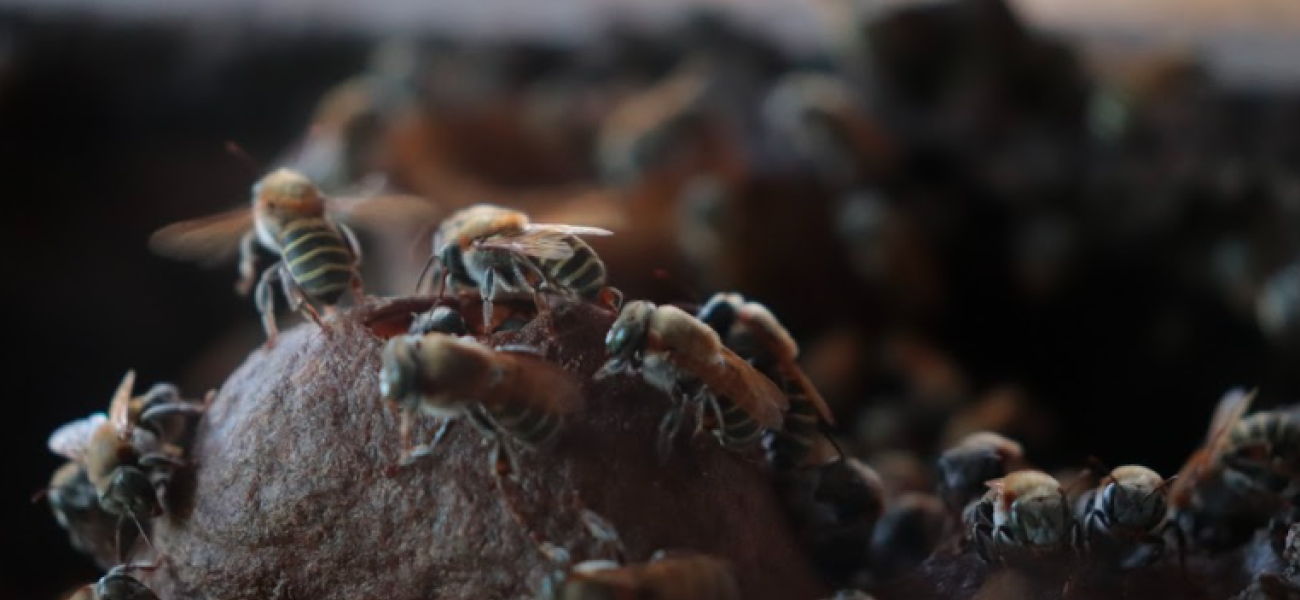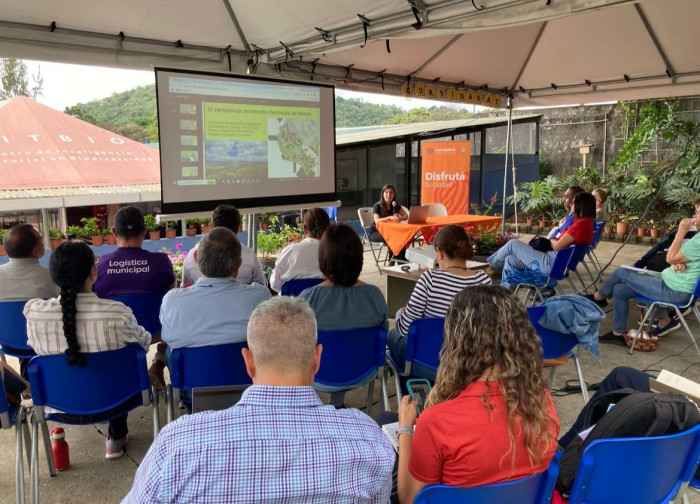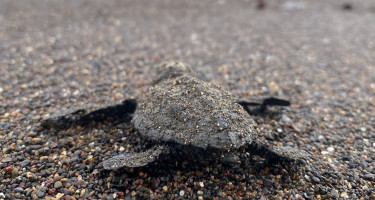Without pollinators there is no life! Discover how Latin America and the Caribbean are taking action to protect them
Can you imagine a world without fruit, coffee, or chocolate? Impossible! In fact, more than 75% of the world’s food crops depend on pollinators like bees, butterflies, and flies. Pollinating insects are essential to food production, food security, and the economy, while also supporting human and ecosystem health.

© GIZ / PoliLAC
In Latin America, our tiny heroes, bees, are essential for crops like cacao, avocado, watermelon, pumpkin, and many more. Without them, most of the fruits, flowers, and seeds we love would simply disappear.
Recognizing the critical importance of pollinators, different countries of Latin America and the Caribbean organized events and activities during May, as part of the "World Bee Day". This month was dedicated to raising awareness about the vital role of insect pollinators in our ecosystems and encouraging practices that support their conservation.
In Paraguay, the Universidad Nacional de Asunción organized a seminar on "Biodiversity and the productive economy. More than 90 representatives of public and private institutions, producer organizations, teachers, and students participated. One of the main conclusions was the need to create a national network for the protection of pollinators.
In Mexico, workshops and field trips were organized with children and young people where they observed how pollinating insects visit and interact with some of the medicinal plants native to their community. A workshop was also held with the Bee Research Center (CIABE) of the University of Guadalajara, where ideas were exchanged for the conservation of pollinating insects in the Nevado - Manantlán corridor.
Learn more about the activities being carried out in Mexico for the protection of pollinating insects here (Spanish only).
In Costa Rica, the 1st Interinstitutional and Intersectoral Congress on Biodiversity was held to discuss how to build more friendly communities for pollinating insects. In addition, the Municipality of Nicoya held the first Bee Fair, where measures to protect these insects in public spaces were discussed, with the participation of producers of honey and its derivatives.

© GIZ / PoliLAC
In Peru, 120 students toured the “El Caminito Verde” park, where they visited the butterfly farm, the beekeeping area, the native bee area and learned about crops that depend on pollination. At the local level, the first insect hotel was inaugurated in Oxapampa, with the participation of local authorities and representatives of the indigenous peoples. In addition, a symbolic planting of polliniferous plants was carried out.
In Brazil, from May 15-29, experts and researchers from the Ministério da Agricultura e Pecuária and partners visited rural producers in the Chapada Diamantina region. The objective was to select pilot areas to implement pollinator-friendly practices, which include conservation of natural habitats, planting of native species, crop diversification, reduction of pesticide use and certification of organic agricultural management in coffee and passion fruit crops.
Protecting bees and other pollinators means protecting our future!

© GIZ / PoliLAC
- Country: Costa Rica
- Project:
- Contact:
Lucia Artavia Guzmán


